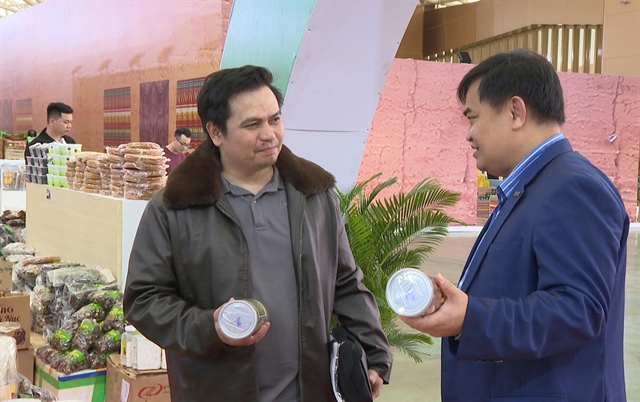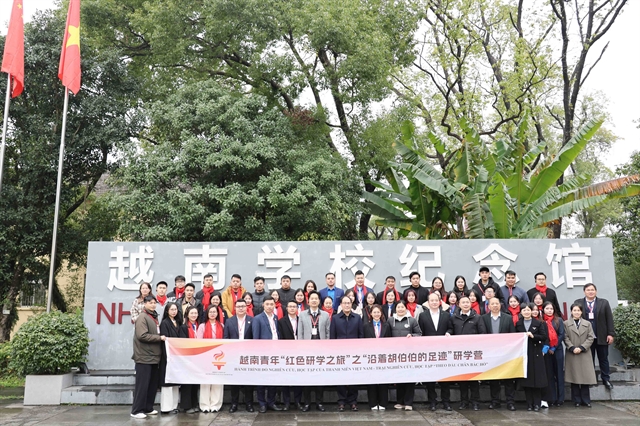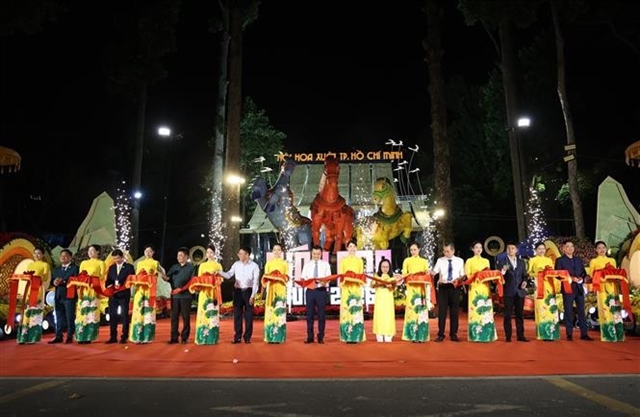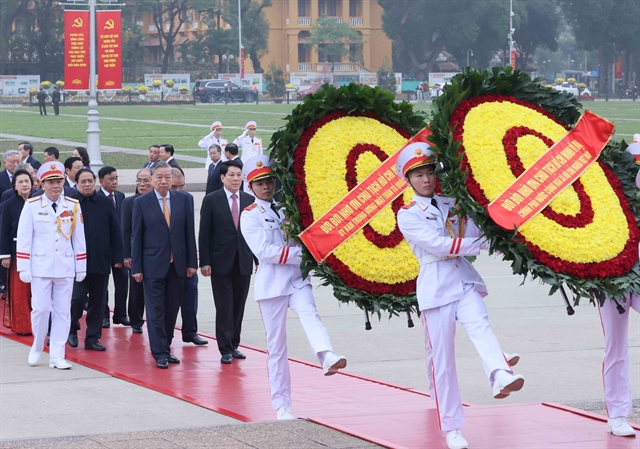 Society
Society

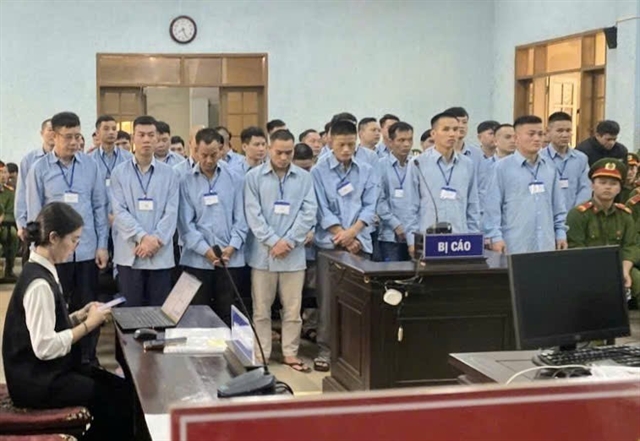
|
| Defendants at the trial in Gia Lai. — VNA/VNS Photo |
GIA LAI — The People’s Court of the central province of Gia Lai has sentenced 37 defendants for their roles in an illegal military weapon manufacturing, storage, and trafficking case that spanned 15 provinces and cities nationwide.
In the first-instance trial on September 8–9, the court handed down the harshest sentence of 14 years in prison to Vũ Văn Hải, 28, from Hà Nội. Nguyễn Văn Vũ, 32, from former Kon Tum Province received 12 years and 6 months, while Nguyễn Trung Bân, 35, from Hà Nội was sentenced to 10 years, and Nguyễn Văn Triệu, 27, from Gia Lai Province received a 12-year sentence. They were convicted of illegally manufacturing, storing, and trading military weapons.
Six other defendants received sentences ranging from 12 months to over a decade for engaging in illegal arms production, storage, or trading.
According to the provincial People’s Procuracy, between 2021 and August 2023, the ring recruited several participants to produce weapon parts, assemble complete firearms, and sell them through social media platforms such as Facebook, YouTube, and Zalo. Payments were made via bank transfer, with deliveries arranged through postal services or coaches in an elaborate closed-loop system.
The investigation began when police of then Pleiku city in Gia Lai discovered a homemade firearm while examining an individual involved in hunting activities. This initial discovery led investigators to uncover a complex web of manufacturers, dealers, and storage operators.
Authorities confiscated 33 military firearms, five air guns and sporting rifles, 832 sporting ammunition rounds, 969 lead bullets, 11 kilogrammes of lead, 1,974 weapon components, and seven firearms no longer functional. Expert analysis confirmed that many of the weapons met military-grade specifications and were highly lethal.
The People’s Court characterised this case as exceptionally serious, noting its organised nature and substantial illegal profits. The operation violated the State’s exclusive management over military weapons and had the potential for widespread negative consequences. — VNA/VNS

